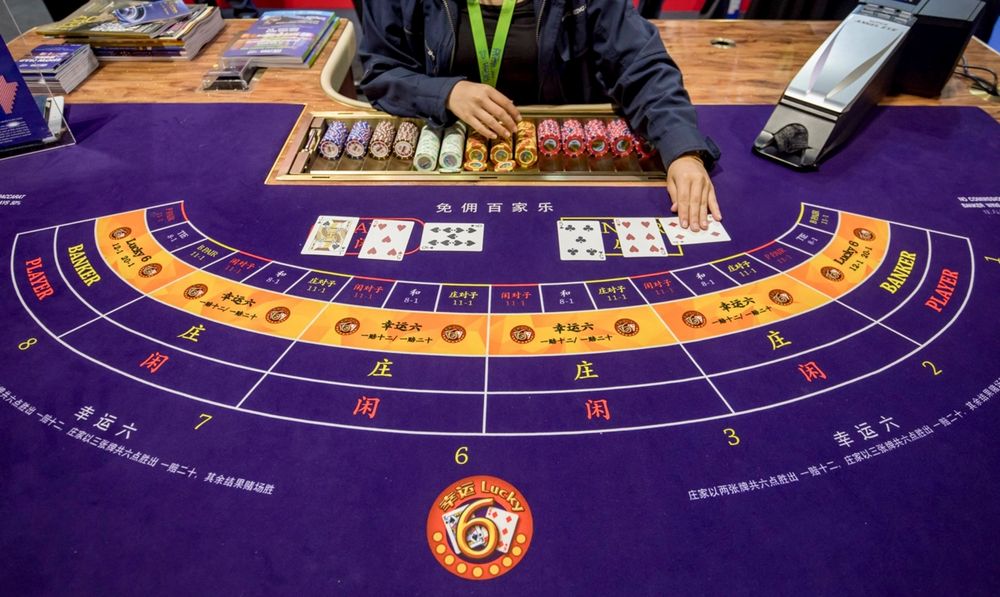Thailand is tightening its grip on the gambling industry with a drastic ban on all forms of remote betting, including online gambling, live-streamed casino games, and proxy betting. Under the new casino law, players must be physically present inside the casino—a move that could wipe out high-roller markets reliant on remote play.

Sections 61 and 62 of the law explicitly prohibit any form of remote gaming, cutting off access to gamblers placing bets via intermediaries or live-streamed tables, a booming industry in the Philippines. Thai authorities argue this will prevent money laundering and illegal syndicates from exploiting online gaming loopholes.
Thailand’s Casino Entry Rules: A Futile and Absurd Proposal?
Adding to the controversy, locals face tough entry restrictions. An earlier proposal demanded citizens prove assets of 50 million baht ($1.5 million)—a requirement now replaced by a three-year tax history check and a hefty 5,000 baht ($148) casino entry fee.
With billions at stake and Southeast Asia’s gambling hubs watching closely, Thailand’s move could reshape the region’s gaming landscape—but at what cost? Industry giants and underground operators alike are now scrambling to adapt as the government pushes forward with its most aggressive anti-online gambling stance yet.








































